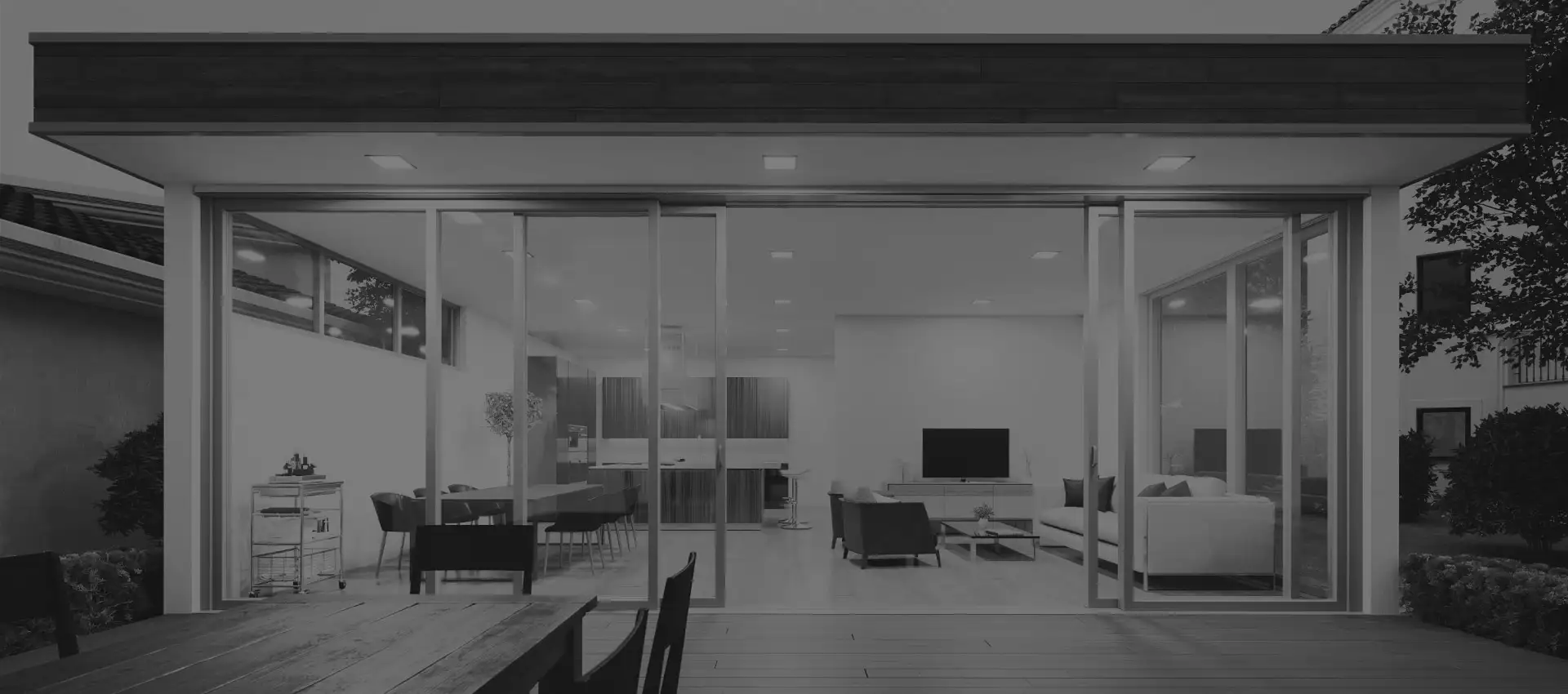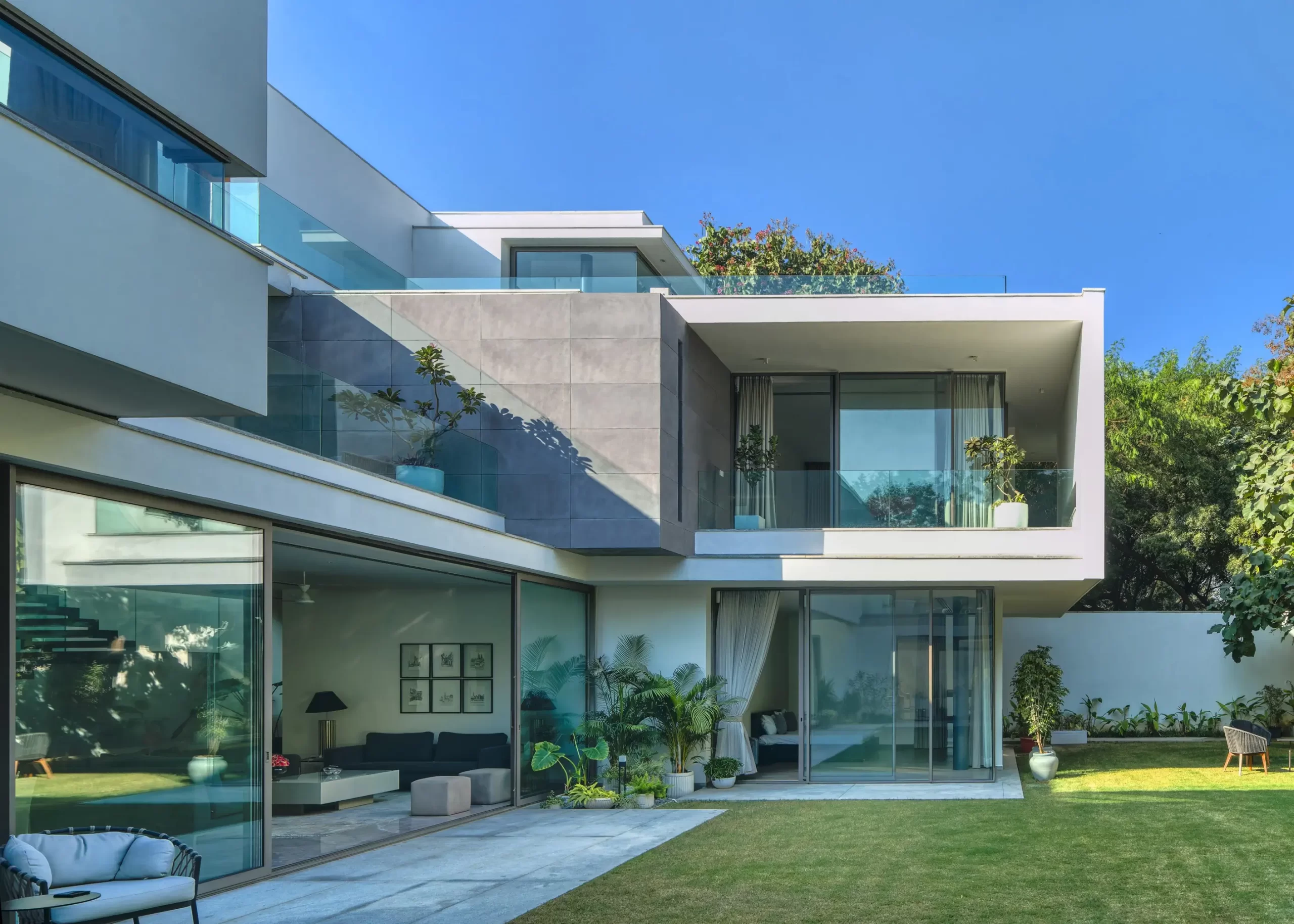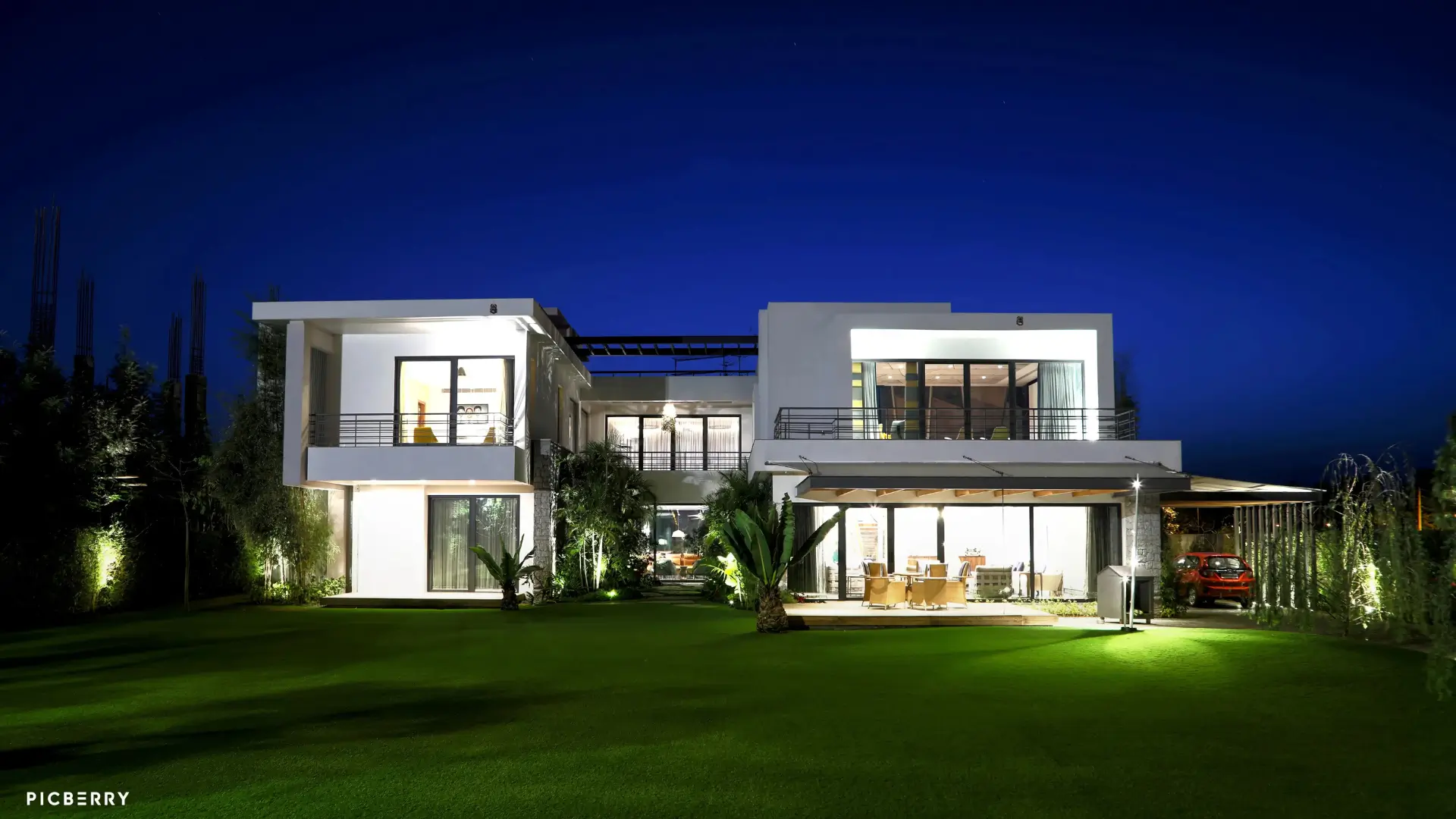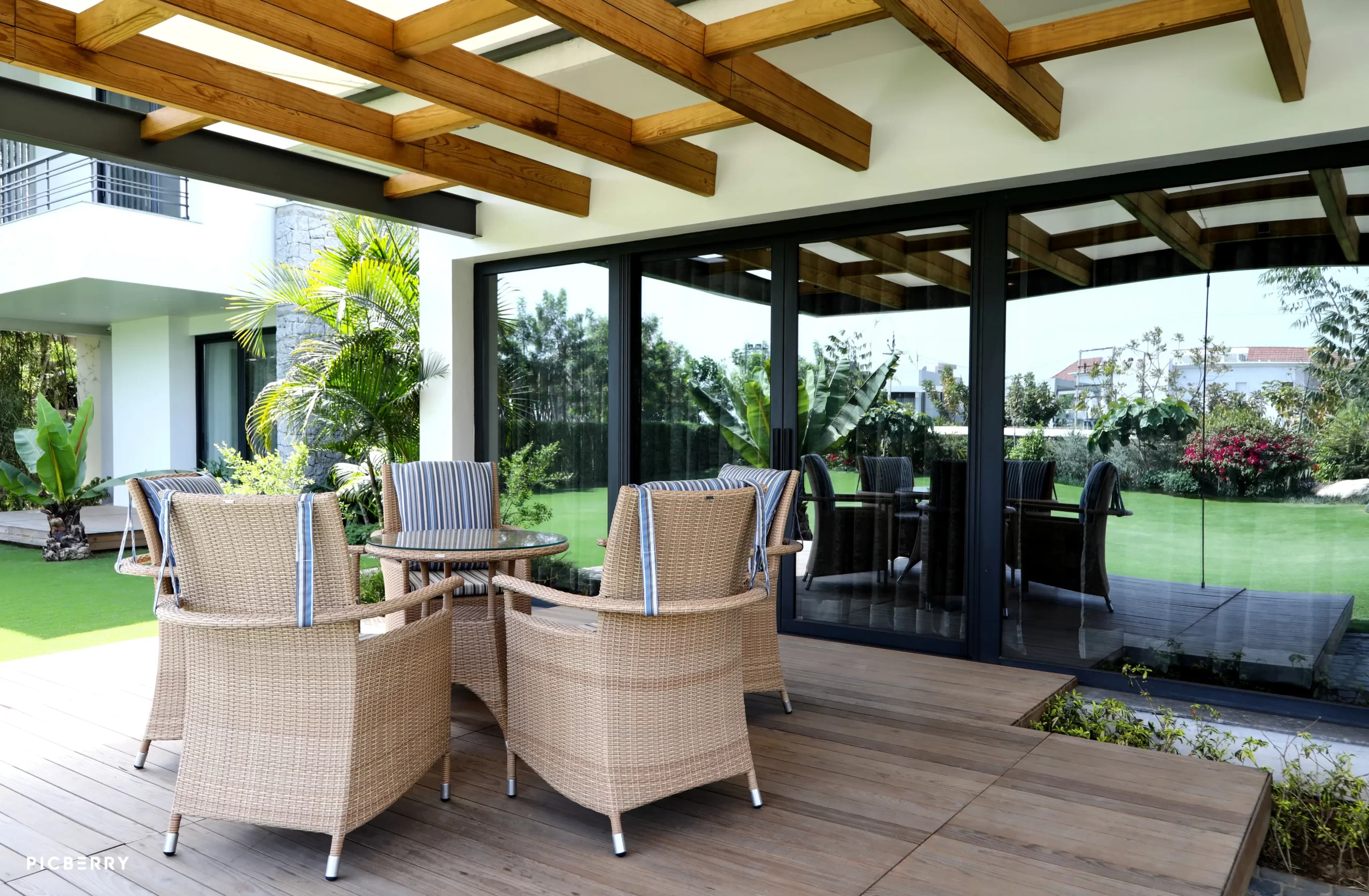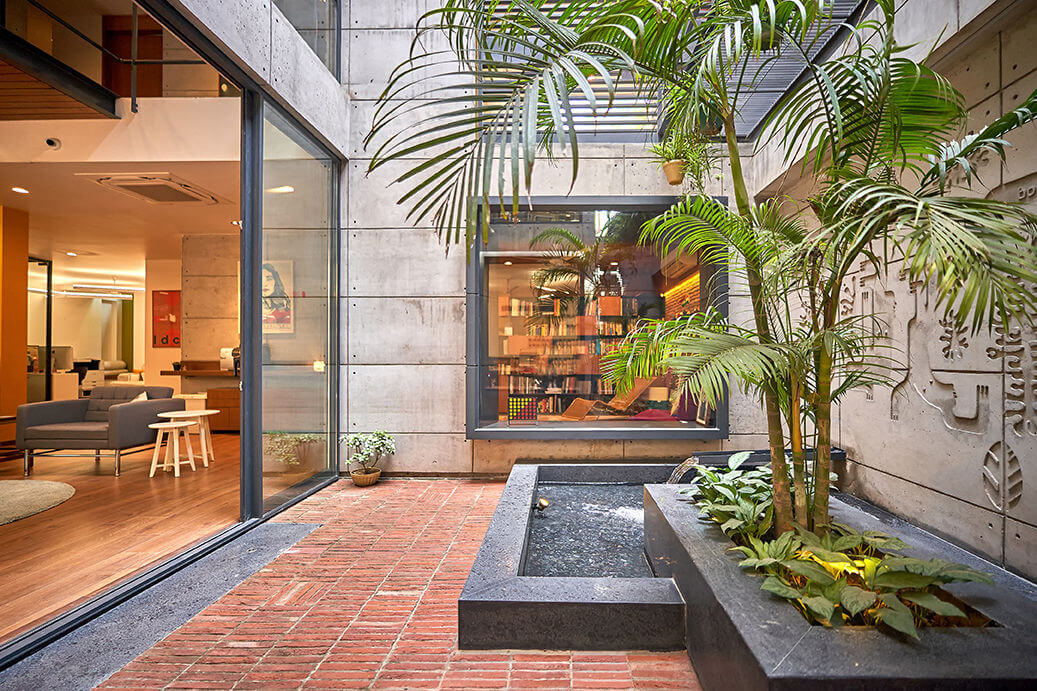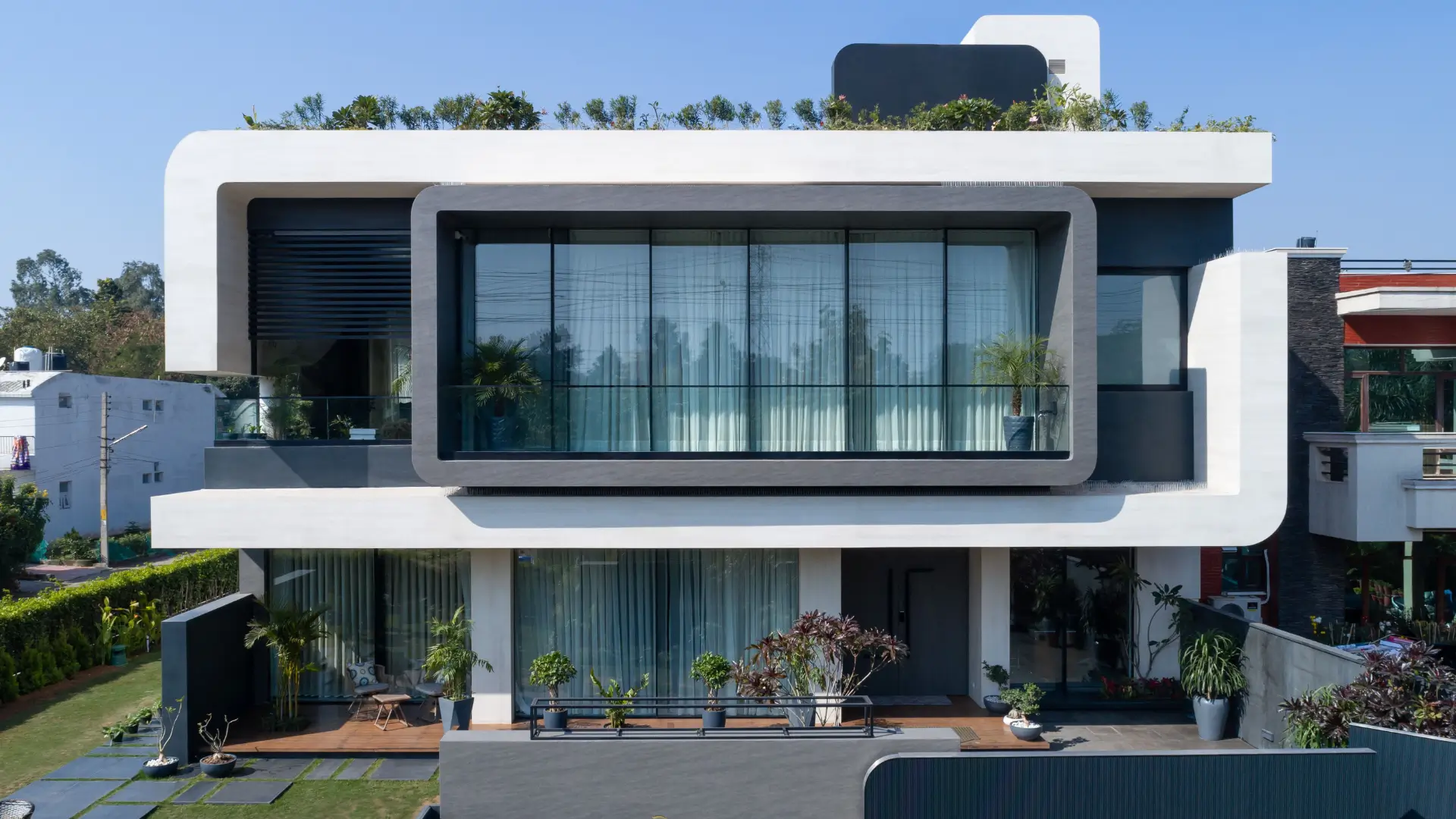
uPVC vs Aluminium Windows: Which is Better for Your Home?

Windows do more than just frame a view; they play a pivotal role in shaping your home’s character, energy efficiency, and overall comfort. Whether you are renovating your home or building from scratch, selecting the right window material is a key decision.
Two of the most popular options currently dominating the market are aluminium windows and uPVC windows. While both materials have their advantages, aluminium outperforms uPVC in terms of aesthetics, durability, strength, and long-term value.
Understanding the differences between these materials will enable you to make an informed decision that enhances both your home’s style and functionality for years to come.
What is the Difference Between UPVC and Aluminium Windows?

The primary distinction between uPVC (unplasticised polyvinyl chloride) windows and aluminium windows lies in their material composition, structural properties, and looks. uPVC is a rigid plastic that provides insulation and is a cost-effective solution for homeowners.
However, its plastic nature limits its strength and lifespan.
Aluminium, on the other hand, is a lightweight yet incredibly strong metal, renowned for its sleek appearance and ability to support expansive glass panes. Unlike uPVC, aluminium does not degrade over time, ensuring a long-lasting and high-quality finish.
While uPVC windows are often chosen for their lower initial cost, aluminium window frames stand out as the superior option due to their unmatched durability, modern appeal, and better overall performance.
Cost Difference Between uPVC and Aluminium Windows
Price is often a major consideration when choosing windows, and uPVC windows are generally the more budget-friendly option. Their lower production costs make them accessible for cost-conscious homeowners. However, this affordability comes at the expense of longevity and design sophistication.
Aluminium window systems come with a higher initial price tag, but this is justified by their superior strength, resilience, and premium aesthetics. Unlike uPVC, which may need replacing after a couple of decades due to wear and tear, aluminium windows can last a lifetime with minimal maintenance.
For homeowners thinking beyond short-term savings, aluminium windows prove to be the more economical choice, as they require fewer replacements and enhance property value.
uPVC vs. Aluminium Windows: A Closer Look at Materials
uPVC is a non-corrosive, weather-resistant plastic that offers insulation and noise reduction. However, it can become brittle over time, especially when exposed to extreme temperatures, leading to cracking and discolouration.
Aluminium, in contrast, is a high-strength metal that remains structurally intact for decades. It does not warp, degrade, or discolour, making it the ideal choice for homeowners seeking reliability and performance.
Additionally, aluminium can support larger glass panes, allowing for stunning, uninterrupted views.
Cost Comparison and Value Analysis
While uPVC windows are initially cheaper, their long-term value is significantly lower due to the material’s limited durability and potential for damage over time.
Aluminium windows, although requiring a higher initial investment, offer excellent value due to their longevity, premium finish, and minimal maintenance. Unlike uPVC, which may require frequent repairs or replacements, aluminium remains as strong and stylish as the day it was installed.
Thermal Efficiency and Energy Performance
One of the primary benefits of uPVC windows is their natural insulating properties, helping to trap heat in colder climates.
However, uPVC is prone to expansion and contraction due to temperature changes, which can compromise its efficiency over time.
Aluminium windows have advanced significantly in terms of energy efficiency.
Modern aluminium frames now feature cutting-edge thermal break technology, eliminating the heat conductivity concerns of traditional metal frames. This ensures excellent insulation while maintaining aluminium’s structural benefits, making it the superior choice for both energy performance and durability.
Design Flexibility and Aesthetic Appeal

When it comes to aesthetics, aluminium windows are unmatched. Their ultra-slim, minimalist frames create a sleek and modern look that elevates any architectural style. Aluminium frames allow for larger glass panels, maximising natural light and enhancing the overall visual appeal of your home.
They are available in a vast range of powder-coated and anodised finishes, ensuring a perfect match for any design preference.
While uPVC windows are available in various colours and styles, they tend to have bulkier frames that lack the refined elegance of aluminium. Over time, the plastic finish may fade or become discoloured, diminishing the visual appeal.
For homeowners prioritising contemporary design and a high-end finish, aluminium windows are the clear winner.
Maintenance and Longevity
uPVC windows require minimal maintenance, but their lifespan is considerably shorter than aluminium. Over time, exposure to sunlight and weather conditions can cause uPVC to yellow, crack, or warp, leading to costly repairs or replacements.
Aluminium windows, on the other hand, are virtually maintenance-free.
They do not fade, crack, or degrade, even in extreme weather conditions. With a simple occasional cleaning, aluminium windows can maintain their pristine look and functionality for decades. Homeowners looking for a hassle-free, long-term solution will find aluminium windows to be the superior option.
Environmental Impact and Sustainability
Sustainability is a crucial consideration in modern homebuilding, and aluminium is by far the more environmentally friendly choice.
While uPVC windows can be recycled, their production process is energy-intensive and generates more waste.
Additionally, the shorter lifespan of uPVC means more frequent replacements, further increasing environmental impact.
Aluminium, however, is 100% recyclable and can be repurposed indefinitely without losing its integrity. The material’s longevity also means fewer replacements, reducing long-term waste. Choosing aluminium windows is a smart decision for eco-conscious homeowners who want both sustainability and style.
Installation and Compatibility
Both uPVC and aluminium windows are relatively easy to install, but uPVC, being a more basic material, offers limited design flexibility.
Aluminium windows, while requiring precision during installation, offer unparalleled versatility. They are the preferred choice for bespoke designs, large glass expanses, and modern architectural features such as bi-folding doors and floor-to-ceiling windows.
For homeowners looking for cutting-edge design options, aluminium is the better choice.
Read More:
- Modern Aluminium Glass Door Design
- Aluminium Sliding Glass Window Design
- Modern Aluminium Door Designs for Home
- Aluminium Window Design For Home and Office
- Aluminium Sliding Door Design
Which is Better: Aluminium or uPVC Windows?

The choice between aluminium windows and uPVC windows depends on your home’s aesthetic, budget, and long-term goals. While uPVC windows offer affordability and decent thermal efficiency, aluminium windows are the clear winner when it comes to durability, style, and long-term value.
Aluminium windows are a superior choice due to their durability and aesthetic appeal. Their strength withstands extreme weather without warping or cracking, ensuring longevity and a strong return on investment. Slim frames maximise glass area for a modern, sophisticated look.
Aluminium supports larger, more intricate designs, offering greater architectural freedom and enhanced security.
Corrosion-resistant and ideal for coastal or humid environments, aluminium maintains its integrity for decades, unlike uPVC, which can degrade from UV exposure. Available in a wide range of colours and finishes, aluminium windows provide greater design flexibility. While the initial cost may be higher, their long lifespan and low maintenance make them a valuable long-term investment.
Are Aluminium Windows Better Than uPVC?
Yes, aluminium windows are often the superior choice. Their sleek, modern aesthetic, exceptional strength and long lifespan set them apart.
The wide range of colours and finishes available with aluminium provides greater design versatility. While the initial cost may be higher, the durability and minimal maintenance of aluminium windows makes them a valuable long-term investment, offering a combination of strength, style, and longevity that uPVC cannot match.
In many aspects, aluminium windows outperform uPVC, especially in design flexibility, structural strength, and lifespan. Their slim, elegant frames support larger glass expanses, providing a more refined aesthetic that appeals to modern homes and architectural projects.
Additionally, aluminium’s resistance to weathering ensures it maintains its premium look for decades.
While uPVC windows may be a practical choice for budget-conscious homeowners seeking insulation and minimal upkeep, they fall short in durability and aesthetic appeal. Aluminium windows offer far greater long-term value, making them the preferred choice for homeowners who prioritise both style and substance.
Final Thoughts
While both aluminium windows and uPVC windows have their merits, aluminium stands out as the superior choice for homeowners who value style, durability, and long-term performance. With its sleek, modern aesthetic, exceptional strength, and resistance to warping or fading, aluminium offers unparalleled design flexibility and a premium finish that enhances any property.
Beyond aesthetics, aluminium’s longevity and sustainability make it a future-proof investment.
Unlike uPVC, which may degrade over time, aluminium windows can last for decades with minimal maintenance.
Additionally, aluminium is 100% recyclable, making it the more environmentally responsible option.
Aluminium windows are the clear winner for homeowners seeking elegance, resilience, and energy-efficient innovation.
Ready to Transform Your Space with ALCOI Windows?

At ALCOI India, we bring cutting-edge aluminium windows and doors that redefine elegance, energy efficiency, and functionality. Our high-performance Aluminium sliding windows, glass doors, and custom fenestration solutions seamlessly blend durability with modern aesthetics.
Whether you’re a homeowner, architect, or builder, our tailored solutions ensure sustainability and superior insulation for every project.
Contact us today to discover how ALCOI can transform your space with innovative designs and lasting quality.
FAQs
1. What is the Main difference between uPVC and aluminium windows?
uPVC is a plastic material known for its insulation properties and affordability, while aluminium is a sleek, durable metal that offers larger glass expanses, greater strength, and a modern aesthetic.
2. What is the cost difference between uPVC and aluminium windows?
uPVC windows are initially more affordable, but aluminium windows provide better long-term value due to their durability, premium appearance, and low maintenance requirements.
3. Which is better: aluminium or uPVC windows?
Aluminium windows are the better choice for homeowners who value aesthetics, strength, and longevity. While uPVC windows offer budget-friendly insulation, aluminium delivers a high-end look with exceptional durability.
4. What are the material differences between uPVC and aluminium windows?
uPVC is a lightweight, weather-resistant plastic, but it can degrade over time. Aluminium, on the other hand, is a lightweight yet strong, corrosion-resistant metal that maintains its appearance and structural integrity for decades.
5. Are aluminium windows better than uPVC?
Absolutely. Aluminium windows are the clear winner for homeowners seeking durability, style, and sustainability. They provide a refined, modern look, exceptional strength, and a significantly longer lifespan compared to uPVC.
